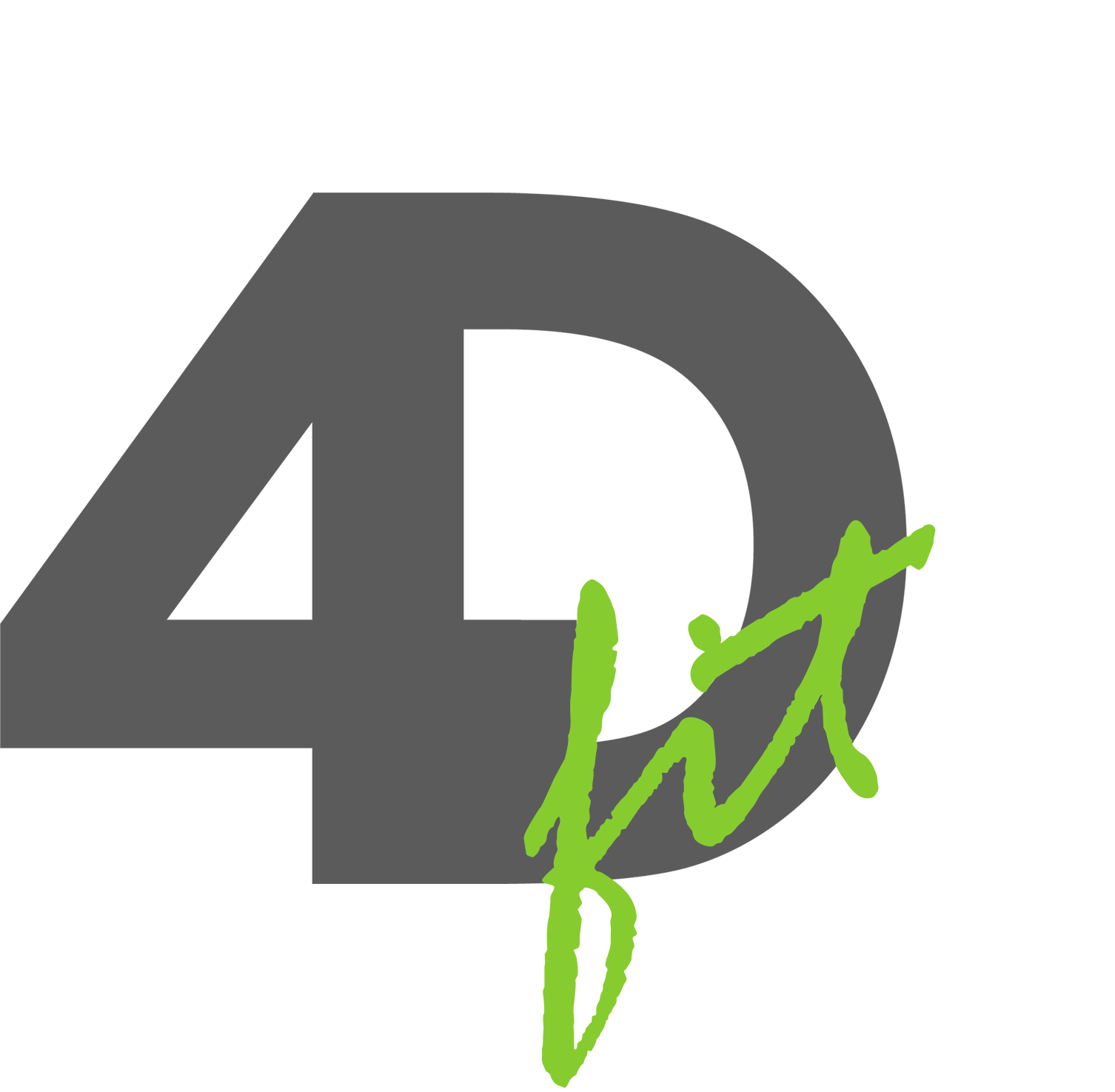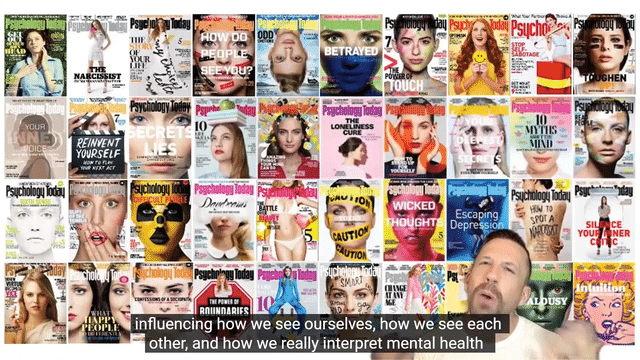Why we must discuss brain health for justice
We all need less trauma and more healing, not only for our own health and well-being but also for the health and well-being of those with whom we interact and impact — physically, mentally, and emotionally.
But what does this really mean, and what does it really take to promote health, healing, and well-being when faced with so many societal challenges?
Source: Cottonbro Studio on Pexels
What triggers you?
If your stress response is triggered by reading this and you find it difficult to comprehend, empathize, and think critically about those you fear, you're not a "bad" or "fragile" person.
Accept yourself as human in need of proper care and understanding. Take a moment to realize this is your unconscious stress response in action that is influenced daily in many unhealthful ways.
One prime example I use in my mental fitness presentations is a collection of the past two decades of covers from Psychology Today. What should be images that promote mental health for all are instead images that REINFORCE and PERPETUATE the very stereotypes, gender constructs, and social expectations we’re trying to heal.
And this is just one of SO MANY unhealthful examples that influence how we think and feel about ourselves and each other, even from those who say they are promoting health, healing, and well-being.
This is why it's so important to understand how unconscious biases not only impact us individually but collectively and organizationally (a.k.a. systemically).
Scott Mikesh of 4D Fit Mental FItness speaks about mental influences.
We must take stress seriously
Like you, my stress response is TRIGGERED when tragedy happens over and over again with seemingly no solution. Ever since 9/11, I refuse to watch tragic videos on repeat for how it impacts our nervous system in toxic and unhealthful ways.
Repeated stress (that can actually make us desensitized and addicted to stress) is NOT what our nervous system needs to heal and recover. Yet this is exactly what our unconscious nervous system craves in its constant effort to protect us, to stay aware of the many threats out there.
Unfortunately, to our collective detriment, there are all too many people ready and willing to profit from our stress response (to appease their own unconscious stress response in the form of money and power).
That's not to say we should put our heads in the sand but rather lift them high to understand what's going on inside.
The scientific truth is that our stress response alone is never a solution since our unconscious stress response can actually exacerbate and escalate stress, trauma, aggression, abuse, anxiety, depression, and many other health conditions — physically, mentally, emotionally, and behaviorally. This is especially true when we treat people like machines without the necessary education, care, and access to properly heal and energize our nervous system and prefrontal cortex — the part of the human brain that powers comprehension, empathy, critical thinking, problem solving, impulse control, and emotional regulation.
Not to mention how every brain is as diverse neurologically as every body is physically, with as many factors to consider in providing proper care.
Source: Diva Plavalaguna on Pexels
We must promote healing to save lives
To achieve healthful outcomes — including justice, healing, and prevention — we must understand stress-induced social diseases and biases like racism, colorism, sexism, homophobia, transphobia, and xenophobia as they relate to brain health and neurological function that fuel unconscious stress responses like violence, aggression, abuse, anxiety, depression, and suicide.
Justice is said to be “blind” for a reason. While this saying is a bit ableist (implying that bias is limited to only those who can see), it’s intended as a metaphor for fairness, objectivity, and unbiased judgment. That said, in reality justice does not require vision. What justice DOES require is a healthy brain and nervous system to activate and engage the prefrontal cortex, to regulate unconscious emotion and impulses (i.e., unconscious biases). This is why social justice and criminal justice require activating and engaging the prefrontal cortex as well, to regulate our unconscious emotions and stress response, to comprehend and think critically about what drives thoughts, feelings, and behaviors neurologically — beyond the black-and-white moral construct of “good vs. evil” (that is also purely subjective based on our unconscious stress response).
We must therefore understand how human stereotypes, social expectations, and constructs (including the construct of “evil”) impact our nervous system and mental function that are so often REINFORCED and PERPETUATED by toxic marketing messages, media images, dogmatic beliefs, and political rhetoric that every human mind consumes.
We must educate honestly and accurately without fear, bias, or prejudice to EMPOWER people to comprehend what's really going on under the skin neurologically in order to find healthful and healing ways to help regulate unhealthful emotions and impulses that fuel toxic behaviors, unhealthy habits, and biases to find the healthful and healing solutions we need to solve these incredibly complex human health issues.



